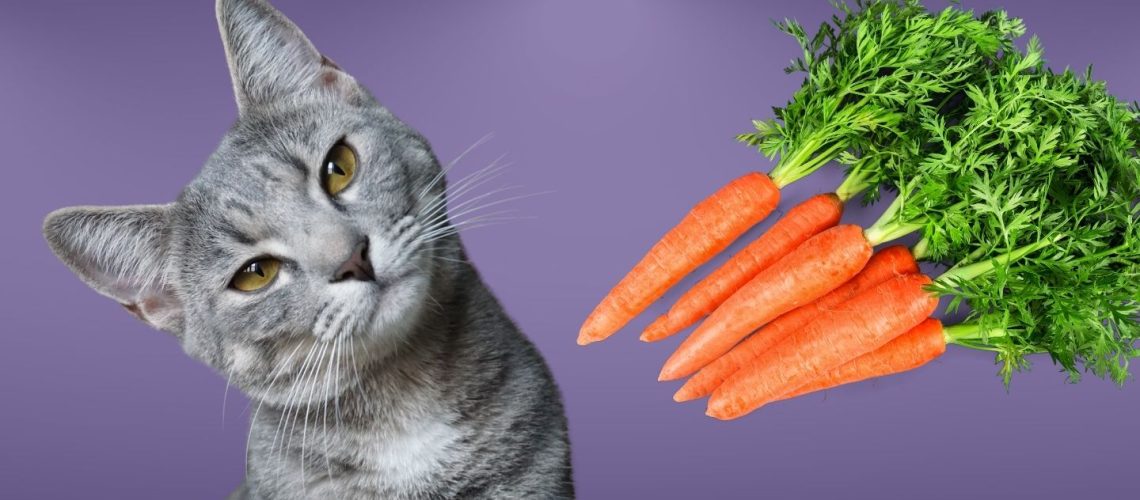Cats can indeed eat carrots, but there are some important factors to consider beforehand. Carrots offer nutritional benefits for cats, such as vitamins, minerals, and fiber, although not all felines may appreciate the taste of this vegetable. Following the proper preparation and serving size guidelines can help safely incorporate carrots into your cat's diet.
Nutritional Benefits of Carrots for Cats
Carrots are a nutritious treat for cats, providing several important vitamins and minerals, including:
Vitamin A
Carrots are rich in vitamin A, which helps support good vision, a healthy immune system, and overall growth and development.
Vitamin C
Vitamin C is an antioxidant that can help boost your cat's immune system and general health.
Vitamin K
Vitamin K plays a key role in blood clotting, which can be essential in case of injury or surgery.
Potassium
This mineral helps maintain proper electrolyte balance and supports healthy nerve function in cats.
Carrots also have a high fiber content, which can be beneficial for cats suffering from digestive issues, and contain antioxidants that promote overall health.
Preparing Carrots for Cats
To safely feed carrots to your cat, follow these preparation steps:
- Wash and peel the carrots to remove any dirt or pesticides.
- Cut the carrots into small, bite-sized pieces to minimize choking hazards.
- Cook the carrots using one of the following methods:
- Boiling
- Steaming
- Baking
Avoid adding any additives or seasonings, as these can be harmful to cats.
Serving Size and Frequency for Cats
Carrots should be offered as a small treat rather than a main meal. The appropriate serving size for cats is about a quarter of a small carrot or a few small pieces. Offer carrots occasionally and balance them with other treats and foods.
Risks of Feeding Carrots to Cats
Some potential risks associated with feeding carrots to cats include:
- Choking hazards: Ensure that carrots are cut into small, manageable pieces to avoid choking.
- Allergic reactions: Monitor for signs of an allergy, such as itchiness, swelling, or difficulty breathing.
- Digestive issues: Overconsumption of carrots can lead to bloating, gas, and diarrhea.
- Weight gain and nutrient imbalances: Overfeeding any treat, including carrots, can contribute to weight gain and nutrient imbalances.
Alternatives to Carrots for Cats
If your cat isn't fond of carrots, consider offering other safe vegetable options, such as:
- Green beans
- Broccoli
- Zucchini
There are also many commercial cat treats available that contain vegetable ingredients. However, always avoid feeding your cat any human foods that are toxic to them, such as onions, garlic, and grapes.
How to Encourage Your Cat to Try Carrots
Introduce carrots gradually to your cat's diet by:
- Offering small pieces mixed with their favorite treat or food.
- Trying different cooking methods to find one your cat prefers.
Consult with Your Veterinarian
It's essential to consult with your veterinarian about any dietary changes for your cat. A vet can help tailor your cat's diet to their specific needs and monitor their health, making adjustments as necessary.
Conclusion
Feeding carrots to cats can provide valuable health benefits as long as they are offered in moderation and prepared correctly. Consult with your veterinarian to ensure carrots are a suitable addition to your cat's diet, and monitor for any adverse reactions. With proper care, carrots can be a nutritious and enjoyable occasional treat for your feline friend.











